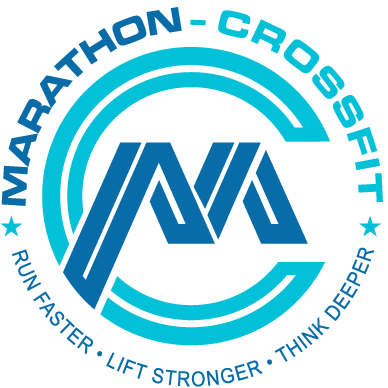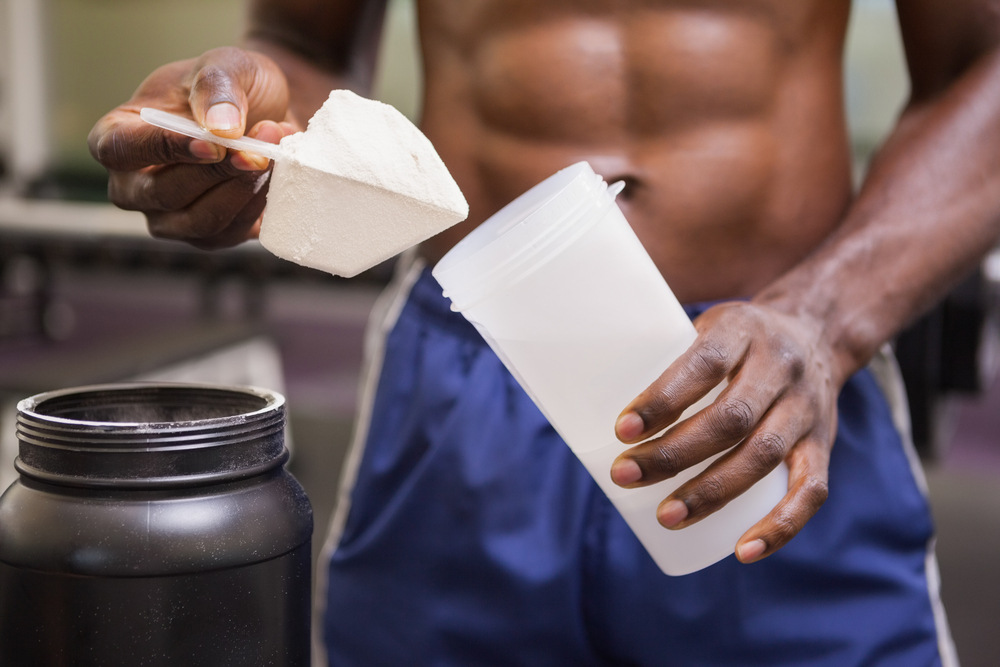Powerlifting: How much protein
The news is that it is probably less than you think. Know your goal and plan your diet based on calories. Look at the macros last. It is more important that you can stick to the diet than what is exactly in it. Portion control all the way.
What is your why
Before we go into the details of how much protein you should consume for powerlifting, let me ask you a couple of questions:
-
Why do you want to powerlift
-
Why do you want to change your body
-
What happens when you do
-
What happens if you don't
These questions are important to your personal success. Research shows that people who write down and reflect on their goals are more likely to achieve them. When was the last time you did this? Many people go about their lives like this:
-
What do I want
-
How do I get
-
Why do I want it
This is a great way of getting nothing of what you want. Why? Because you will be running around in circles. What you want changes hundreds of times a day. It highly depends on who you are with, what you see and where you are. If you keep following your impulses it is very unlikely you will hit the big goals in your life. Do you want that Mc Donalds meal because your boss has given out to you at work? Absolutely. Do you want to spend thousands of Dollars on a vacation to get away from all this crap at home? Damn right you want that. Will these decisions make you successful, rich and good looking? Probably not. That is ok as long as Vacations and fast food are more important to you than long-lasting changes. If you flip the running order of these questions on their head something interesting start to happen:
-
Why do you want something
-
How do you get it
-
What needs to be done
This way you will focus on your innermost desires. What matters to you long term will take center stage. Your actions and thoughts will become more focused and connected. As a result, you will be more successful. If you want to know how this works on a psychological basis read Daniel Kahneman's Thinking fast and slow. Simon Sinek's TED talk on the golden circle will change your life.
It all starts with what you set out to do on a daily basis. A good way to improve here is keeping a journal. Since I started one my marriage has improved and my salary has increased.
What is your goal
How much protein you eat, or in fact how much you eat in total, highly depends on your personal goals. Most times in powerlifting you either want to
-
Get stronger
-
Get bigger
Getting stronger in this context means that you either want to lift more weight at the same weight or lift the same amount of weight at a lower weight. For this, you have to eat less protein and food in total. Many powerlifters go on a very strict diet before their meets to go one weight class down from their usual training weight to have better chances of placing on the podium.
If your goals are to get bigger you are on a bulk. Bigger also means stronger, but powerlifting imposes a weight class limit so you can not just grow bigger all the time. You have to be effective and efficient. Getting bigger usually means shoveling food down your throat. You want to consume more calories than you burn to grow bigger. That is when you see the crazy diets with six meals a day packing up to 500 to 1000 calories a day.
Whatever your goal is your protein intake will fluctuate based on the total food you are taking in.
Macros and what they mean
Macros is a fancy abbreviation for macronutrients. The three macronutrients or Fat, protein and carbohydrates. Fat is the one that delivers the most amount of calories per gram consumed. Carbohydrates are usually labeled as the baddies out of the three, while protein is strongly associated with building muscle.
A powerlifting diet will usually be biased towards fats and proteins from natural sources. A common warcry is "Eat big, get big". While this is not wrong, it also is not the entire truth. You can get strong and ripped even when you consume more carbohydrates than you might expect.
What is actually important
Between all the questions what to eat and how much of it we often lose track of what really matters
-
We are all different
-
What works is what you consistently do
Before you buy into the marketing messages of protein manufacturers and diet gurus focus on what matters most:
How much or little do you need to eat to reach your goals
Other dietary questions are second to this. You need to get a good diet plant based on your gender, age, weight, and goals. Many people do not even have these basics down before obsessing about protein intake due to a well-oiled marketing machine that makes you buy powder. It has its place, but definitely not with the masses who buy it.
Can you cook? If you can’t invest your money in a proper cooking course and get into batch cooking before going anywhere near protein supplements.
Protein from natural sources
The most important source of protein is natural foods. You can get your protein from:
-
Chicken
-
Lamb
-
Beef
-
Fish
-
Milk
-
Pork
The world is your oyster. The Important bit is that the food you eat is of high quality and that you count calories. The more intent you put into your diet the more likely it is to support your goals. If you just drink two to three shakes a day without knowing how they fit into the overall picture you will waste your money.
Whey Protein
Whey protein is very popular is it is said to digest quicker than normal protein. You will find a lot of whey protein being pushed on people. As a little site note whey is not new. It has been around for centuries and is a byproduct of processing milk. You are basically buying the trash from milk processing plants at a high price. The milk industry is happy. It does not mean that it doesn’t provide protein. Just think about what is going on here.
Casein Protein
Casein protein is said to be a slowly digesting protein which you can take before going to bed. Apart from that, the benefits are the same is with whet protein.
Powerlifting: How much protein
The most important thing is that you do your research and know how much you actually need and not what some kind of brochure told you. After this get it form natural sources rather than from shakes. To give you some context, you seldomly see The Rock running around with protein shakes as he is not sponsored by a supplement company. Instead he eats a truckload of sushi on cheat day. Check his Instagram. Same advice comes from The team at Juggernaut Training Systems who have multiple world class powerlifters on their roster. They only use protein shakes in preparation for competitions when athletes go on a cut and have to eat LESS.


